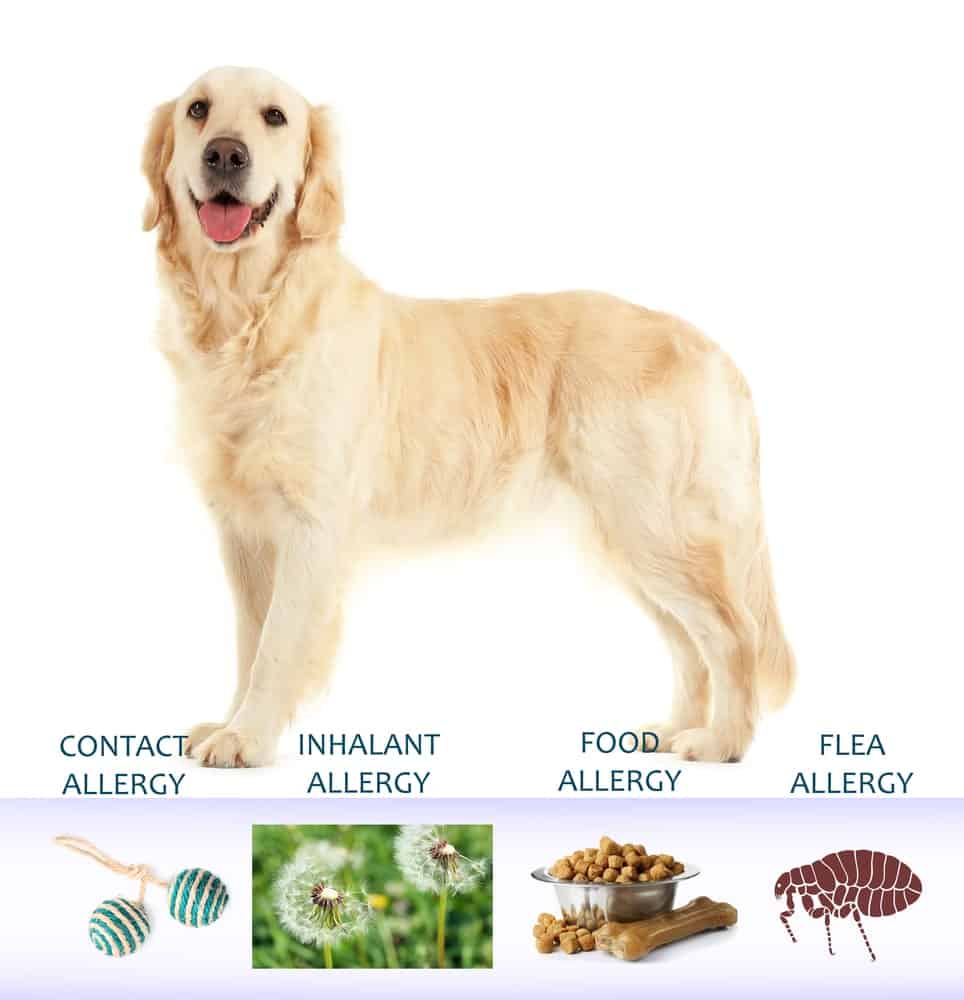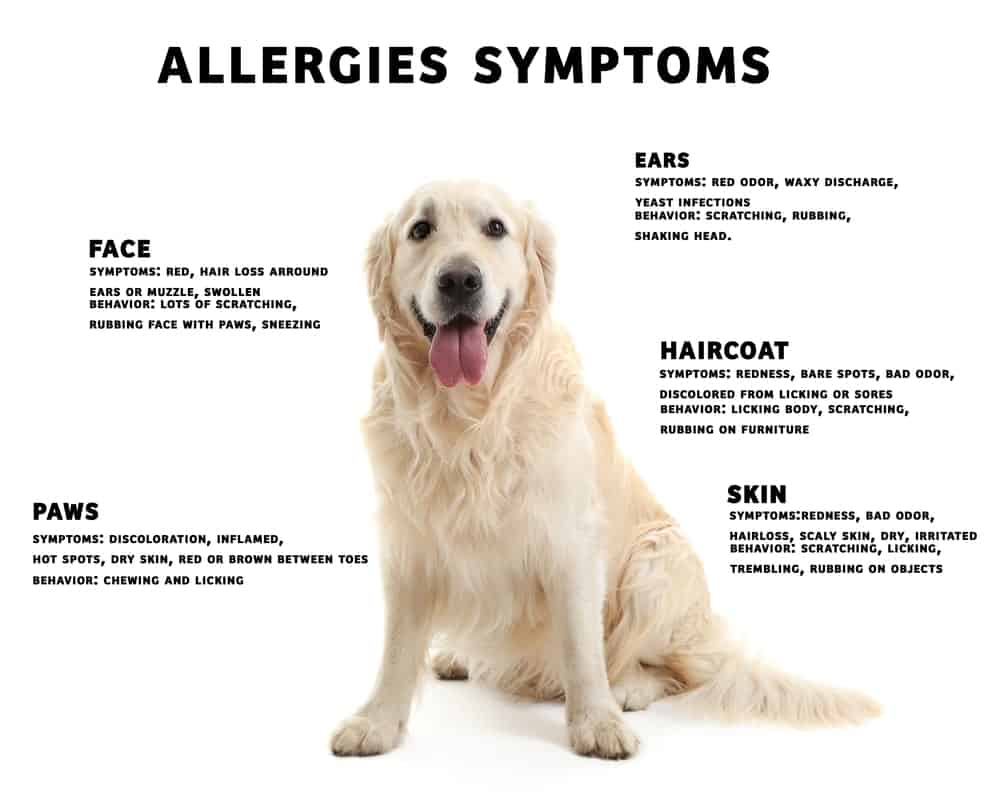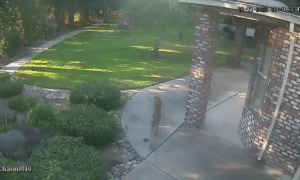“This post contains affiliate links, and I will be compensated if you make a purchase after clicking on my links.”
Dogs, like humans, suffer from allergies. But the symptoms in pets may not be as obvious as those in people.
Dogs do not speak to express how they feel, so it’s up to the owner to look for subtle symptoms that may occur on their skin or face. Pets can have allergic reactions to any environmental stimuli or any material that they may be exposed to anywhere at home, out shopping, places you visit, or even when driving in the car.

Some of the more common things pets may be allergic to include: mold spores, dust, food ingredients, perfumes, cleaning agents, prescription drugs, and even some plants. So it is important to know the symptoms of allergic reactions and to seek remedies early before they become serious.
Itchiness
Itchiness is the most common symptom of an allergic reaction in a pet. The owner of the pet must be on the lookout for this symptom because if left unchecked it can lead to hot spots, scabbing, and even recurring skin infections. If you notice your dog scratching themselves or being restless, it is time to visit the vet. Look for a good pair of dog brushes to groom your pet regularly and prevent this situation.
Hair Loss
The second sign your pet is having an allergic reaction is hair loss. If you notice the fur on your pet thinning out or bald spots starting to appear then your pet may be having an allergic reaction. The hair loss and baldness may be due to a number of factors including the cleaning agent you may be using during grooming, food ingredients, and flea or insect bites. A veterinarian visit may be necessary to determine the cause of hair loss.
Wheezing, Coughing, Sneezing, or Asthma
The third sign your pet may be having an allergic reaction is coughing, sneezing, or asthma. Pets exhibit symptoms of wheezing as a result of exposure to pollens, dust, food ingredients, insect stings or medications. The wheezing results from inflammation of the airways that constricts them, making it difficult to breathe. If not treated, it can lead to an anaphylactic reaction that can be fatal. An anaphylactic reaction can exhibit as difficult or rapid breathing and swelling on the face. In the event of swelling of airways, bring your dog to a veterinarian immediately for treatment.

Tummy Aches
The fourth common sign of an allergic reaction that can occur in your pet is tummy aches and vomiting after ingesting food. As you already know, pets are allergic to some food ingredients. The immune system of pets can react with a food ingredient incorrectly identifying it as a threat thereby starting preventive measures. The tummy aches and vomiting can combine with other symptoms such as sneezing, coughing, rashes or falling off of hair.
Swelling
The fifth and most common sign of an allergic reaction in your pet is swelling of the face, feet or joints. Pets’ feet do not swell up too often, therefore, it may be a cause of concern that requires urgent attention. Not all the feet of the pet may swell as it can occur in one foot and even in a toe making it difficult for one notice any change. You may notice a reaction from the pet on touch or discharge from the swollen foot.
If you notice any of the above symptoms or a change in behavior or mood of your pet, it is time to visit a vet for treatment.
























Allergies are the worst, my dog Cow has struggled with itching most of her life, though it’s mostly better with a carefully managed diet.